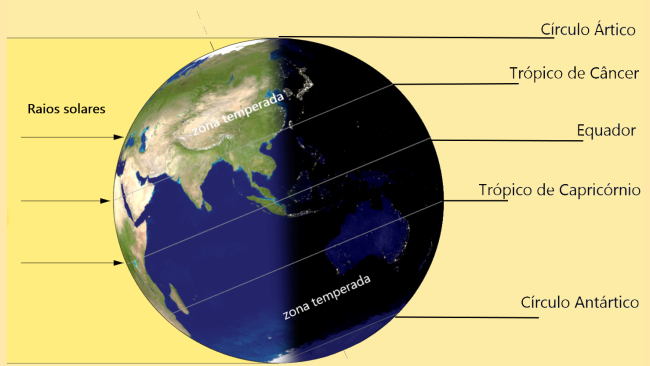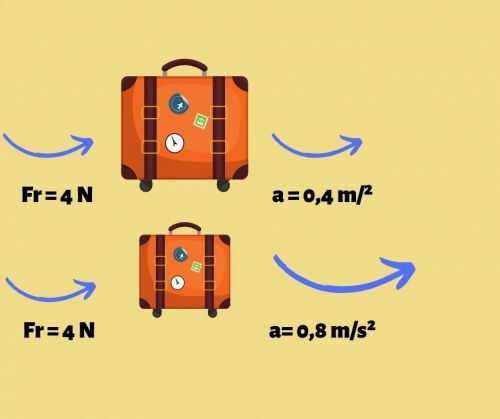Metabolism is the set of transformations and chemical reactions through which the processes of synthesis, degradation (or decomposition) of cells are carried out.
Originated from the Greek term metabolic, which means “change” or “exchange”, metabolism takes place with the help of enzymes, through a chain of intermediate products.
This phenomenon is related to three functions that are vital and occur in the human body: nutrition (inclusion of essential elements in the body), breathing (oxidation of these essential elements for chemical energy production) and synthesis of structural molecules (using the energy produced).
The metabolic process is divided into two groups called anabolism (synthesis reactions) and catabolism (degradation reactions).
see the Difference between Anabolism and Catabolism.
healthy anabolism constructive chemical reactions, that is, produce new organic matter in living beings. For example, protein synthesis in muscle tissue from amino acids.
healthy catabolism destructive chemical reactions
, that is, there is a breakdown of substances. For example, the breakdown of the glucose molecule that is transformed into energy and water.To maintain vital functions (breathing, heart rate, body temperature, etc.), the body expends a great deal of energy. This is what is called basal metabolism.
Learn more about catabolism.
Accelerated Metabolism
There is an influence of several factors on metabolism, for example, genetics, age, sex, height, weight, physical activity, among others.
The use of more or less energy depends on these factors. That's why some people are thin and, even though they eat everything, they don't get fat. While others, they face great difficulties to manage to lose weight.
Slimming properly involves balancing your calorie intake according to your level of physical activity. Fast diets involve losing fat but also muscle mass, which is not convenient for long-term results.
In the case of the so-called “accelerated metabolism”, the body processes the depletion of calories more quickly. According to some endocrinologists, the greater the acceleration of metabolism, the greater the caloric expenditure.
In this case, people with "accelerated metabolism" tend to have more difficulties in gaining weight, while individuals with slow metabolisms have difficulties in losing weight.
basal metabolism
It consists of the amount of calories consumed in twenty-four hours by an individual who is on absolute rest and fasting (of at least 12 hours), without damage to the internal organs of your body.
It is measured by the oxygen consumed or the carbon dioxide released in a certain period of time. Basal metabolism varies according to the size of the person (it is larger the smaller the person), age (it is smaller the older the age), and gender (and is a little smaller in the case of women).
See also: the meaning of homeostasis and Pharmacokinetics.



